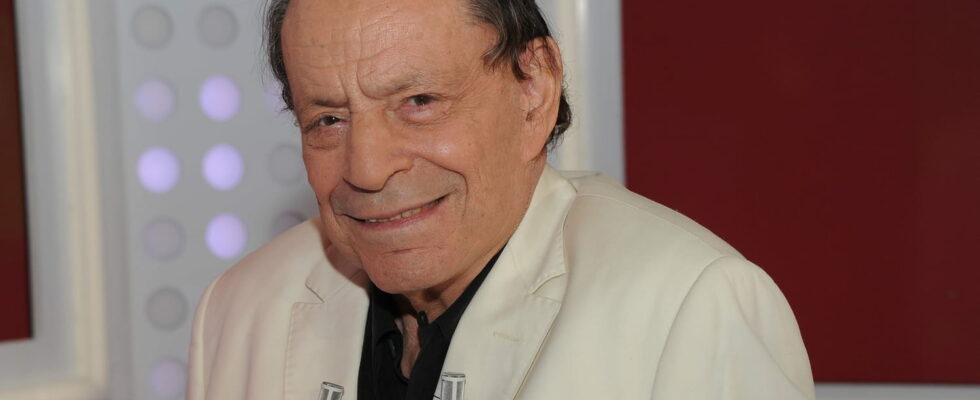Singer, author and composer Charles Dumont died after a long illness at the age of 95. He is particularly known for having composed the legendary “Non, je ne regrette rien”, by Edith Piaf.
Charles Dumont is no more. Songwriter and performer, the composer of No, I don’t regret anythingofEdith Piaf died on the night of Sunday November 17 to Monday November 18, 2024, in Paris, at the age of 95, following a long illness. Information revealed by his partner to AFP. “My mother brought me into the world but Edith Piaf brought me into the world,” said the trained trumpeter born in Cahors on March 26, 1929. “Without her, I would never have done everything I have done, neither as a composer, nor as a singer”, he explained in 2015
Charles Dumont, awarded a prize in 1974
Charles Dumont’s career took on a new dimension in the 1960s when he managed to convince “La Môme” to perform his legendary composition, after having suffered several refusals. As Le Figaro recalls, “October 5, 1960 finally arrives the big day. Piaf is unwell but still deigns to receive Dumont and Vaucaire (lyricist, editor’s note). The shy Charles sits down at the piano. He presses forcefully on the keyboard. He hums “No, I regret nothing”. The rest, everyone knows it, and this title is now known throughout the world.
Sixty years of career, Charles Dumont has also collaborated with other big names in song like Dalida or Tino Rossi. At the end of the 1960s, he became a crooner. He even won the Charles-Cros Academy prize, with the record “Une femme”, in 1973. His last appearance on stage dates back to 2019 at the Théâtre de la Tour-Eiffel. “When you come back in front of an audience, who comes to see you as they did 20, 30 or 40 years ago and gives you the same welcome, then they give you back your 20 years,” he declared.
“I was in serious financial difficulties. I wrote this song in anger”
The first interpretation of No, I don’t regret anythingby Edith Piaf dates back to December 2, 1960, in the show Cinq Colons, on television. “When I sing, I’m no longer there (…) it’s a second state,” she declared. A song recorded on November 10, 1960 after a “revelation” according to the artist. In reality, the title could never have seen the light of day: “I was in serious financial difficulties. I wrote this song in anger”, conceded Dumont in 2013. It was the lyricist Michel Vaucaire who would then have insisted with Piaf to make him listen, after numerous refusals from La Môme to Charles Dumont.
On October 20, 1960, Piaf met Dumont and Vaucaire in unusual conditions, to say the least. Just before, the icon’s secretary had called to “cancel, the singer not feeling well, but the two men did not receive the message and showed up at 5 p.m. at Piaf’s address, 67 boulevard Lannes in Paris The secretary is about to send them away when they hear Piaf’s voice shouting: ‘Bring them in since they are here'”, recalls France Info.
Edith Piaf then welcomes the two men in dressing gowns. Charles Dumont begins the melody on the piano, and after the third time, she interrupts him: “she said to me: ‘Listen young man, don’t worry, don’t worry anymore. This song, it will follow you all your life, it will be a worldwide success and thanks to it, I will make my return to the Olympia'”, she said, remembers Dumont. The title remained at the top of the charts for 48 weeks.
